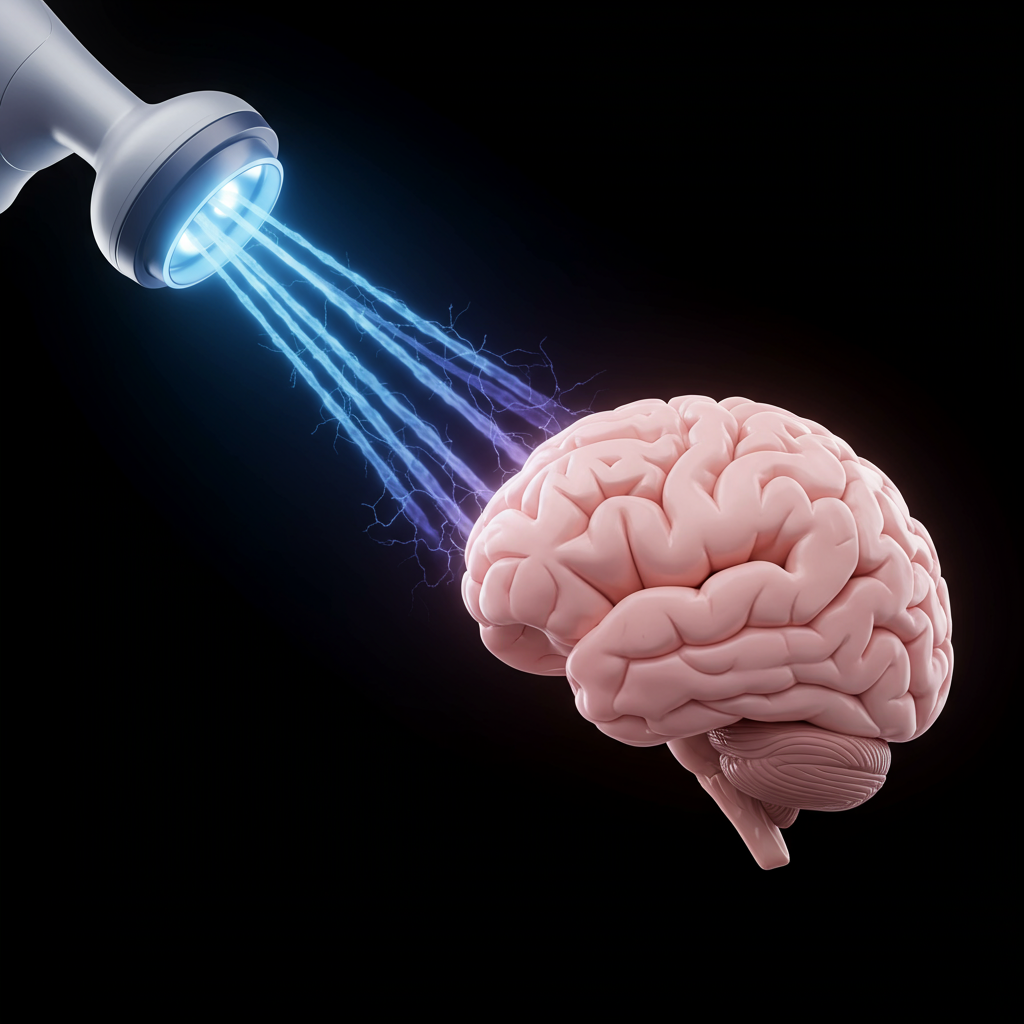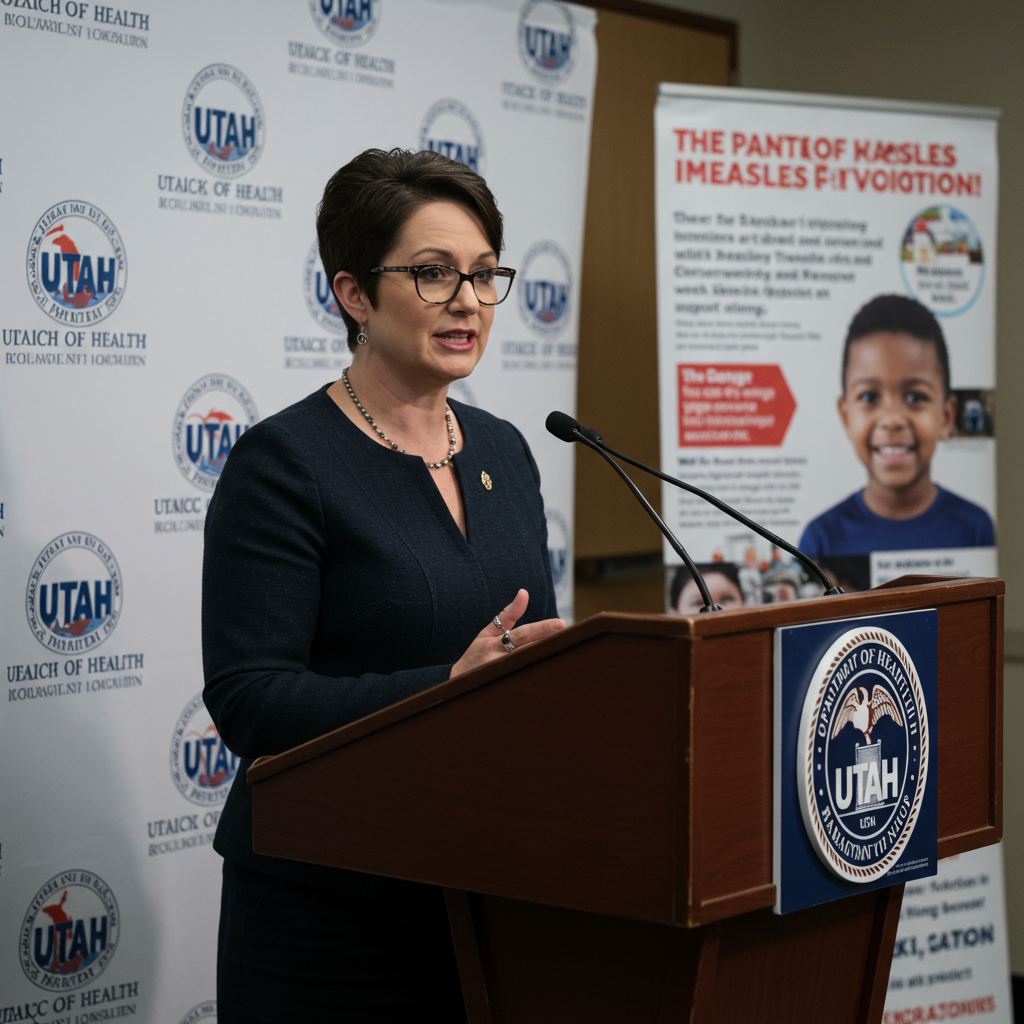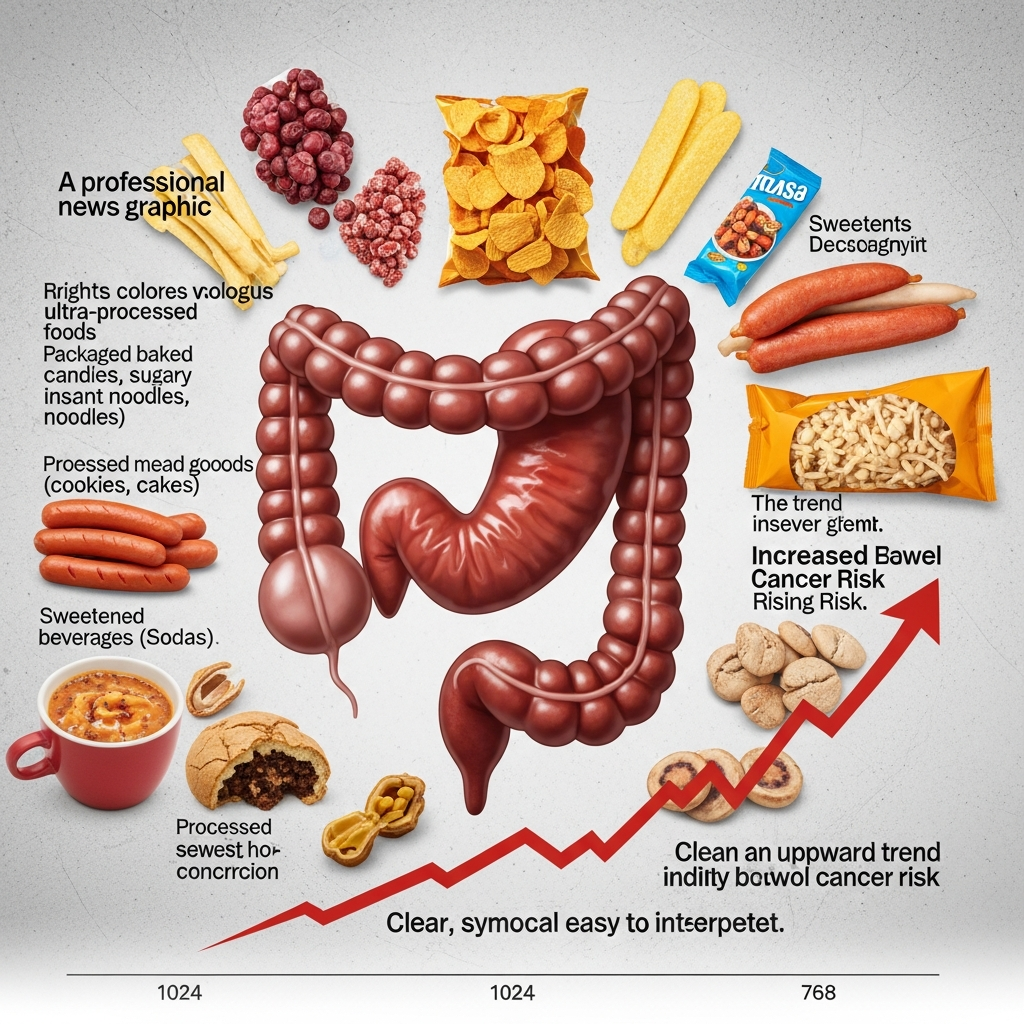Could surviving breast cancer actually be linked to a slightly lower risk of developing alzheimer’s disease later in life? A significant new study suggests this surprising connection might exist, particularly for women who received radiation therapy as part of their treatment. This finding offers a potentially new dimension to understanding long-term health outcomes for breast cancer survivors and provides a fresh perspective on potential Alzheimer’s prevention strategies.
Breast cancer remains the most frequently diagnosed cancer among women globally, thanks in part to increasing survival rates. While this is undoubtedly positive news, survivors often face long-term health considerations. Alzheimer’s disease, a complex neurodegenerative condition influenced by genetics, lifestyle, and environment, is another major health concern, especially as people age. Researchers are continuously exploring various factors that might influence Alzheimer’s risk.
Concerns about cognitive changes after cancer treatment, sometimes referred to as “chemobrain,” are common among survivors. These often include subtle difficulties with memory or concentration. However, whether cancer treatment itself could impact the long-term risk of developing Alzheimer’s dementia specifically has been a subject of debate with mixed study results. This latest research from South Korea aimed to provide clearer insights by analyzing a large national health database.
Unpacking the Study: A Large-Scale Korean Analysis
A comprehensive study published in JAMA Network Open analyzed health records from over 70,000 women diagnosed with and treated for operable breast cancer between 2010 and 2016 in South Korea. Researchers compared this large group to a matched cohort of more than 180,000 women who had not had cancer. The participants were followed for an average of 7.3 years to track new diagnoses of Alzheimer’s dementia.
The study employed rigorous methods, including adjusting for numerous variables known to influence Alzheimer’s risk such as age, income, lifestyle factors like smoking and exercise, and comorbidities like diabetes and high blood pressure. They also used advanced statistical techniques (subdistribution hazard ratios) to account for other potential outcomes, like death, that could affect the analysis.
Key Findings: A Slightly Lower Risk, Linked to Radiation?
During the follow-up period, the researchers observed a slightly lower incidence of Alzheimer’s disease among breast cancer survivors compared to the cancer-free control group. The incidence rate for survivors was 2.45 cases per 1,000 women per year, while it was 2.63 cases per 1,000 women per year for the controls. This translated to an overall 8 percent lower risk of Alzheimer’s dementia for breast cancer survivors.
While 8 percent may seem like a modest difference, researchers point out that across large populations and over extended periods, such a reduction could have a meaningful public health impact. The statistical significance of this risk reduction was particularly noticeable in older women, specifically those aged 65 and above, likely because Alzheimer’s incidence is higher in this age group, making the relative effect more apparent.
The Radiation Therapy Connection
Perhaps the most intriguing finding related to the impact of specific cancer treatments. The study analysis revealed that among breast cancer survivors, the greatest reduction in Alzheimer’s risk was observed in those who had received radiation therapy. Other standard treatments, including chemotherapy drugs (like anthracyclines or taxanes), hormone therapies (like tamoxifen or aromatase inhibitors), and targeted therapies (like trastuzumab), did not show a statistically significant association with lowered Alzheimer’s risk in this study.
However, it’s important to note that this study, being observational, cannot definitively prove that radiation therapy causes the reduced risk. It shows a strong association.
Chemobrain vs. Alzheimer’s: Understanding the Difference
The study findings directly address concerns that cancer treatments might increase the risk of long-term cognitive decline like Alzheimer’s. Researchers explicitly stated that while many survivors report temporary cognitive issues often called “chemobrain,” these are typically subtle, do not prevent retrieval of distant memories, and appear mechanistically distinct from Alzheimer’s disease. The study provides reassurance that breast cancer treatment itself does not directly lead to Alzheimer’s dementia.
Why Might Radiation Therapy Be Linked to Lower Risk? Exploring the Hypotheses
The exact biological mechanisms behind the observed association between radiation therapy and potentially lower Alzheimer’s risk are not yet fully understood, and this study did not investigate causality. However, researchers and experts propose several hypotheses:
Reduced Brain Inflammation: One prominent theory is that low-dose radiation exposure to the brain during breast radiotherapy might have a neuroprotective effect. Radiation has been associated with reducing inflammation. Chronic inflammation in the brain is increasingly recognized as a factor contributing to the development and progression of Alzheimer’s pathology. Lowering inflammation could potentially slow the accumulation of amyloid-beta or tau proteins, the hallmarks of Alzheimer’s.
Influence on Microglia: Some research suggests that low-dose radiation might influence the behavior of microglia, immune cells in the brain. In Alzheimer’s, microglia can become chronically activated, contributing to harmful inflammation. Modulating their activity might offer a protective benefit.
Potential Drug Effects: Although not statistically significant for risk reduction in this study, previous in vitro or animal studies have suggested that certain breast cancer drugs, like anthracyclines, might possess properties that could potentially inhibit or reduce amyloid and tau aggregation. This remains an area requiring further investigation, especially given that this study did not find a statistically significant link between chemotherapy and risk reduction.
These explanations are speculative and require substantial future research to validate.
Time Matters: The Diminishing Protective Effect
Another critical detail from the study is that the apparent protective effect seemed to diminish over time. The lower risk observed among breast cancer survivors was most prominent in the initial years following diagnosis and treatment. The statistical significance of the risk reduction weakened and eventually disappeared approximately 5 years after the cancer diagnosis. This suggests that if a protective mechanism related to treatment exists, its effects might not be permanent.
Study Limitations and the Call for More Research
Like all research, this study has limitations. It was observational, meaning it identified a correlation, not a direct cause-and-effect relationship. The data did not include granular details about the stage of breast cancer or the precise radiation doses and techniques used, which could influence outcomes. There’s also a possibility that the study may have underestimated the true number of Alzheimer’s diagnoses.
Furthermore, the study population consisted primarily of women who underwent surgery for operable breast cancer, limiting the generalizability of findings to those with more advanced disease or severe comorbidities. The follow-up period, while substantial, may still be insufficient to capture long-term Alzheimer’s risk, as the disease often develops over many years.
Experts, including Maria C. Carrillo from the Alzheimer’s Association, have cautioned against drawing definitive “abrupt conclusions” from a single study. While highlighting the radiation finding as particularly interesting, she emphasized the need for more extensive research, including longer-term studies in more diverse populations, to confirm these results and fully understand the underlying mechanisms.
Actionable Takeaways for Breast Cancer Survivors
While the research is still in its early stages regarding the specific link between cancer treatment and Alzheimer’s, the study reinforces the importance of managing known risk factors for Alzheimer’s disease. For breast cancer survivors, integrating standard cancer follow-up care with proactive strategies to mitigate Alzheimer’s risk is crucial.
Based on this study and existing knowledge, breast cancer survivors can focus on modifiable risk factors for Alzheimer’s dementia. This includes:
Managing Chronic Conditions: Effectively controlling conditions like diabetes, hypertension, and high cholesterol.
Healthy Lifestyle: Engaging in regular physical activity, maintaining a healthy weight, not smoking, and limiting alcohol consumption.
Cognitive Engagement: Staying mentally active through learning and social interaction.
These actions are already recommended for overall health and appear to be key components of a strategy to support cognitive well-being in all individuals, including cancer survivors.
Frequently Asked Questions
What is the main finding of this study linking breast cancer treatment and Alzheimer’s risk?
A large study from South Korea found that women who survived breast cancer had an 8% lower risk of developing Alzheimer’s dementia compared to women who had not had cancer. The research specifically highlighted that this reduced risk was most significantly associated with receiving radiation therapy as part of their breast cancer treatment. Other common treatments like chemotherapy did not show this same association.
How is the cognitive effect seen in this study different from “chemobrain”?
“Chemobrain” refers to temporary cognitive difficulties, such as mild memory issues or problems with concentration, that some individuals experience during or after cancer treatment. This study indicates that these transient cognitive problems are distinct from Alzheimer’s disease. The findings suggest that breast cancer treatment, while potentially causing temporary “chemobrain” symptoms, does not appear to directly increase the long-term risk of developing Alzheimer’s dementia. In fact, the link observed was with a lower risk.
What steps can breast cancer survivors take based on this research to potentially lower their Alzheimer’s risk?
While the link between radiation and lower risk requires more study to understand fully, the research reinforces the importance of managing established, modifiable risk factors for Alzheimer’s disease. Breast cancer survivors can focus on maintaining a healthy lifestyle, including regular exercise, a balanced diet, and avoiding smoking. Crucially, managing chronic health conditions like diabetes and high blood pressure is also a recommended strategy to support cognitive health and potentially lower Alzheimer’s risk.
Conclusion
This large Korean cohort study provides intriguing new data suggesting a potential link between breast cancer survival, specifically radiation therapy, and a slightly reduced risk of Alzheimer’s dementia. While the observed overall risk reduction is small and the mechanisms remain speculative, the findings challenge previous assumptions and offer valuable insights for future research. The study also offers reassurance that concerns about cancer treatment causing Alzheimer’s appear unfounded based on this evidence, clarifying the distinction from “chemobrain.” As research continues to explore this complex relationship, the focus for breast cancer survivors remains on comprehensive health management, including addressing known modifiable risk factors for cognitive decline. This study underscores the need for ongoing investigation into the long-term neurocognitive health of cancer survivors and the potential protective effects of certain treatments.



